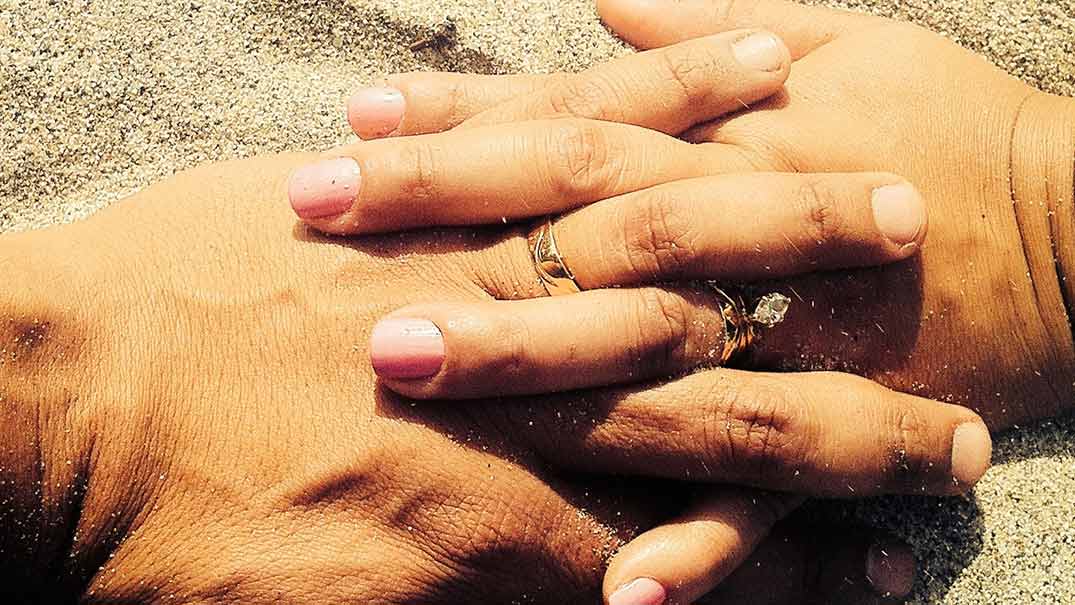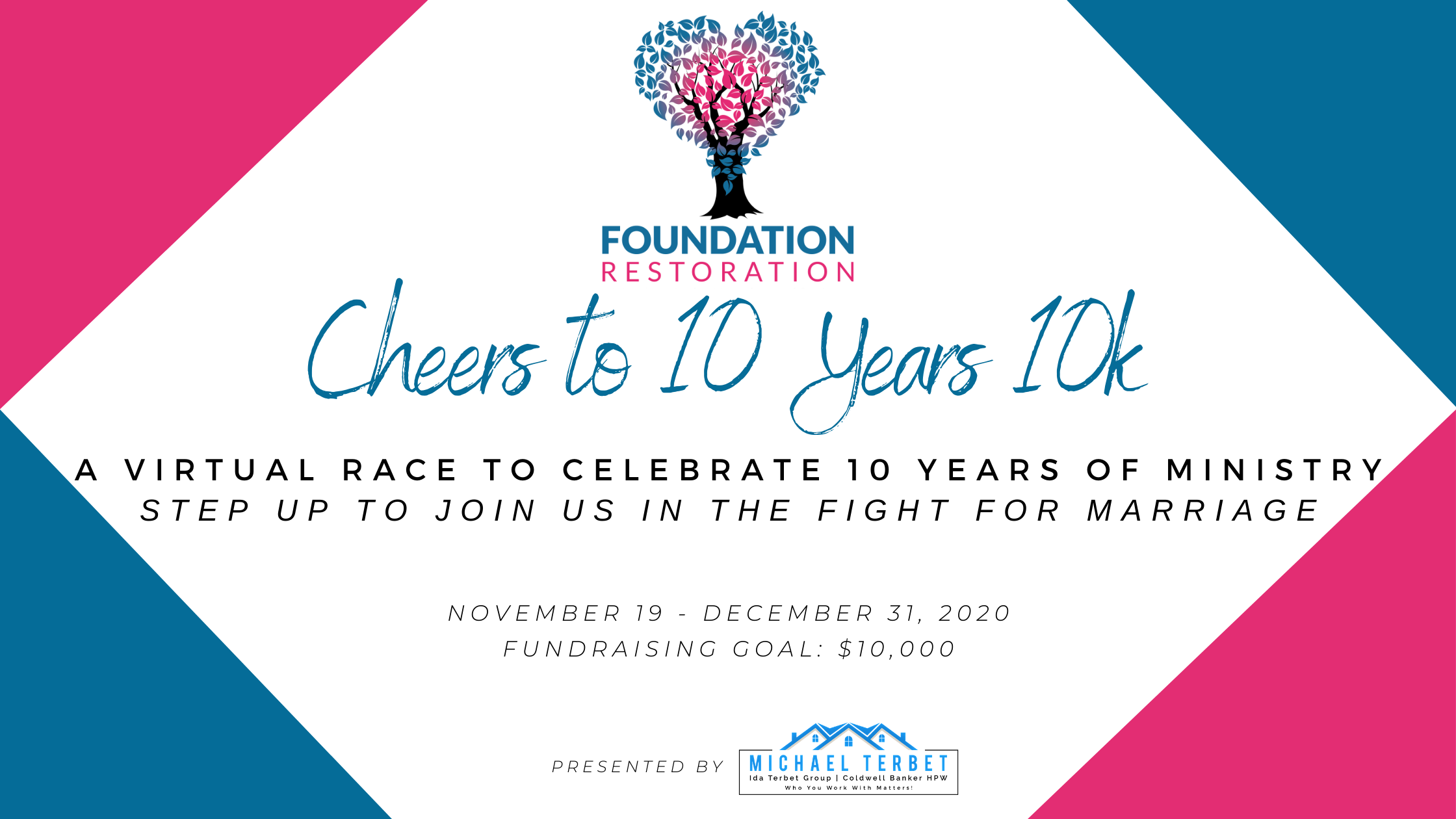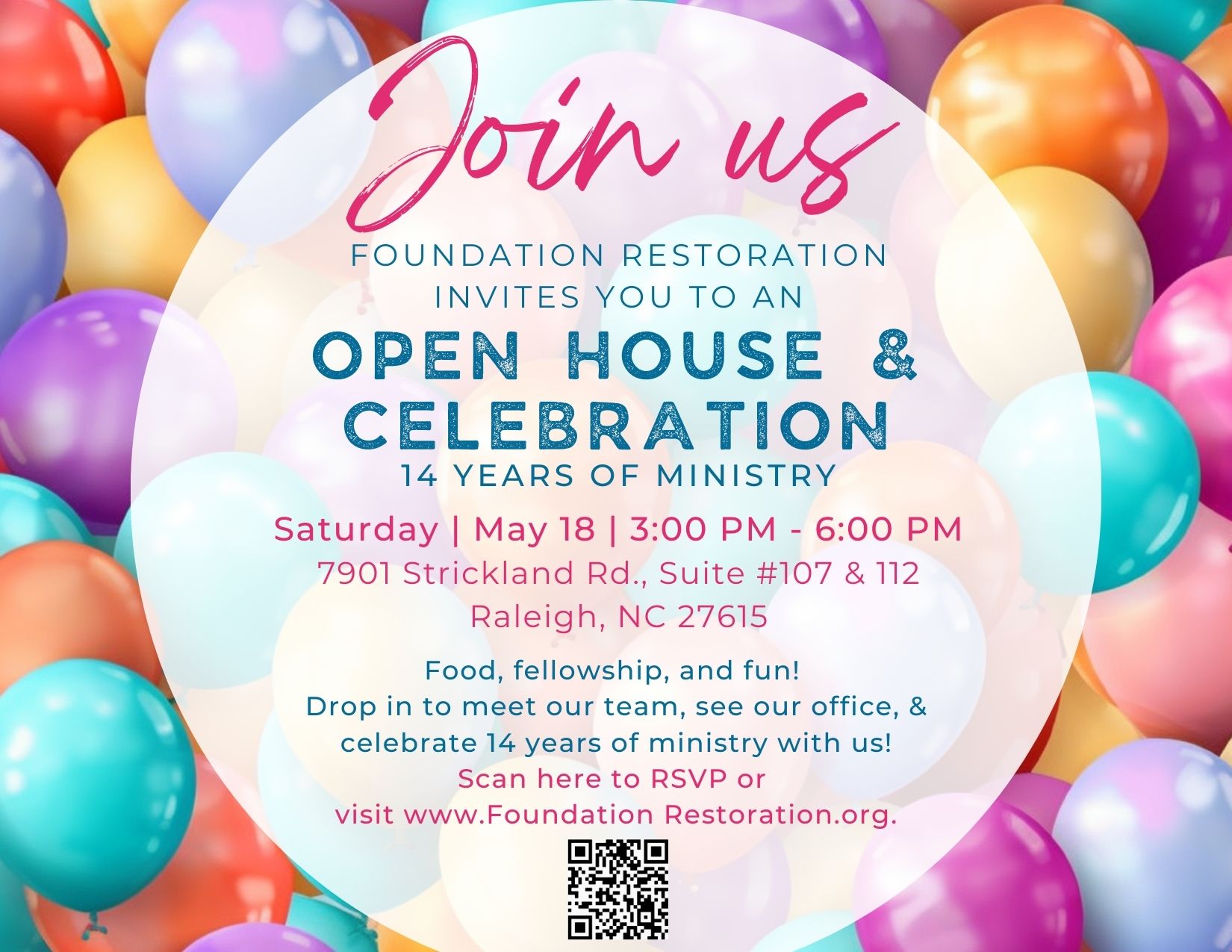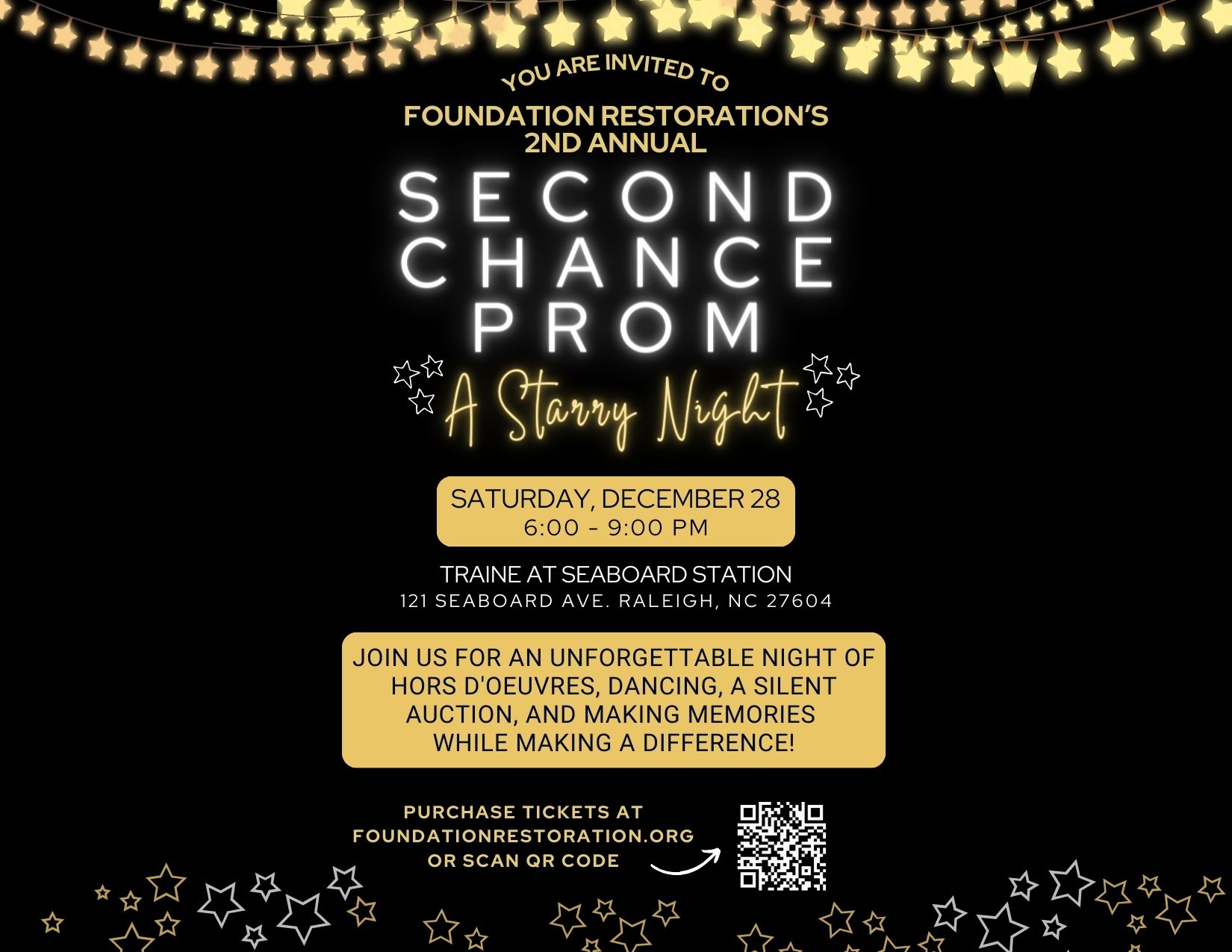
Forgiven to Forgive by Ashley McIlwain
It’s easy to get caught up in the commercial side of holidays like Easter. Easter egg hunts, Easter bunny, candy, baskets, and egg coloring contests. All of these things are fun, but they are taking over what Easter is really all about … an incredible story of salvation.
Easter is one of my favorite holidays because it is the most important day in my life as a Christian. It is the day that marks the moment the world was freely given a Savior. God had sent His only Son to us to die an excruciating and humiliating death just to give each of us the opportunity to be forgiven of our sins, enter into communion with God Himself, and be offered the gift of eternal life. The best part is that while Jesus Christ was nailed to the cross as the perfect offering for the world’s sins, that’s not where the story ends.
Three days later, after being sealed in a tomb, Jesus defeated even death by rising from the dead. That’s right, He conquered even death. Easter is a joyous celebration because it is a time to remember that we have a God that loves us so much, sacrificed everything when we were completely undeserving, and is victorious over all things. Now if that isn’t a reason to celebrate, I don’t know what is.
As I reflect on the life of Jesus Christ and the freely given grace and forgiveness, I am reminded that it didn’t come without a cost. Christ forgave us so that we could forgive. We are to follow His example of love, grace, and forgiveness even when people don’t always deserve it. That’s what grace is all about – extending forgiveness and mercy without contingencies, expectations, or even apologies. Christ died for us while we were yet sinners (Romans 5:8).
Recently I watched the movie, The Grace Card, and it was such a wonderful reminder of the power of grace. One of the characters in the movie says, “It’s easy to receive grace, but it’s hard to give it away.” It’s so true; we want others to extend grace to us, but then we get so tight-fisted when it comes to offering it to others. We give ourselves the benefit of the doubt, but then we assume the worst about those around us.
The Grace Card goes on to convey how relationships and lives are nearly destroyed because of unforgiveness, anger, bitterness, and the unwillingness to extend grace to others. In the end though, it demonstrates how powerful it is to offer grace to someone, and how it is never too late to restore relationships hurt by the lack thereof. Grace is an essential ingredient to everyday life.
Luke 6:37 tells us that we will be forgiven as long as we forgive. How can we expect our gracious Savior to offer us forgiveness freely when we refuse to forgive others? Earlier in Matthew 18:21 – 22, one of Jesus’ disciples, Peter, approached Jesus asking, “Lord, how many times shall I forgive my brother when he sins against me? Up to seven times?” Jesus’ reply was, “I tell you, not seven times, but seventy-seven times!” Can you imagine? This message says to me that forgiveness is frequent, necessary, and central to being a Christian.
Trust me when I tell you that forgiveness is not something I always find easy to offer to my offenders. Justice is my immediate response, but I have come to realize that justice doesn’t satiate or satisfy the soul. The quest for justice, holding on to a grudge, seeking revenge only cripples me, not my offender. I allow myself to get injured and hurt over and over again as I dwell on the offense. The person who hurt me isn’t being punished; I am. My job is not to seek out justice here on earth for every wrong committed against me. What is required of me is forgiveness, and the rest is in God’s hands. Romans 12:19 says, “Do not take revenge, my friends, but leave room for God’s wrath, for it is written: ‘It is mine to avenge; I will repay,’ says the Lord.”
Forgiveness is a gift we extend to others, and it is a gift we extend to ourselves. There is so much freedom in grace that it is incredibly powerful. Of course, that doesn’t mean you allow yourself to become a human punching bag; you need to use discernment and wisdom within your relationships, but justice and avengement are not a responsibility you need to burden yourself with.
If you are in a marriage, you have come to discover the importance of grace and forgiveness. They are absolute central ingredients to a successful, thriving, and fulfilling marriage. You quickly realize that marriage is plagued with constant offenses, large and small, against one another. Most of the time they are accidental, but sometimes they are not. Regardless, marriage is one of the most important relationships to consistently and constantly offer up grace and forgiveness.
Some of you might already be formulating your argument against your spouse. You have all of his or hers offenses lined up and ready to spew off. What then? Well, in most cases I would say, “Throw out your list.” Let it go. Stop tallying and wearing yourself out trying to keep track of the score between who has hurt who the most and/or the worst. I really believe that there is no marriage, or life for that matter, that cannot be completely revolutionized and reconciled through grace and forgiveness. That doesn’t mean the path to healing will be easy or that all of the scars and wounds will disappear immediately. However, it does open the door for reconciliation to occur.
Depending on the depth of the offense and the length of estrangement between a couple that reconciliation process can take awhile and be grueling. My encouragement to you would be to hold on! Keep fighting for your marriage, praying, forgiving, and working hard at moving forward. I have seen amazing things happen when grace and forgiveness enter a marriage and a couple gets serious about moving forward with their relationship.
What happens when the other person doesn’t want to reconcile? Well, you are responsible for you. I would encourage you to seek out professional help, pray often, and continue to extend grace and forgiveness regardless of their position, attitude, or efforts. Grace and forgiveness is as much for you as it is them, so it shouldn’t be contingent on whether the other person accepts it or not. Often when someone sees that you are offering unconditional love and grace toward them, it breaks down their barriers. It can force them to change and grow regardless of their initial attitude or feelings. Any time we change, we change everything around us. It’s a domino effect.
This Easter season, as you reflect on a Savior that loved you so much He was willing to sacrifice His very life for you, begin to think about the relationships around you. Who do you need to extend grace and forgiveness too? Is there something that was done to you that has held you in bondage? Just like Jesus conquered and was victorious, we have that same power and opportunity for victory through Him. With His help, hand over the unforgiveness and pain you are harboring. Extend grace to those you have been withholding it from. Forgive because you have been forgiven, and see how your life is revolutionized.
Copyright © 2011, Foundation Restoration. ALL RIGHTS RESERVED. No reproduction allowed without written permission from Foundation Restoration and/or the author.







Leave A Comment